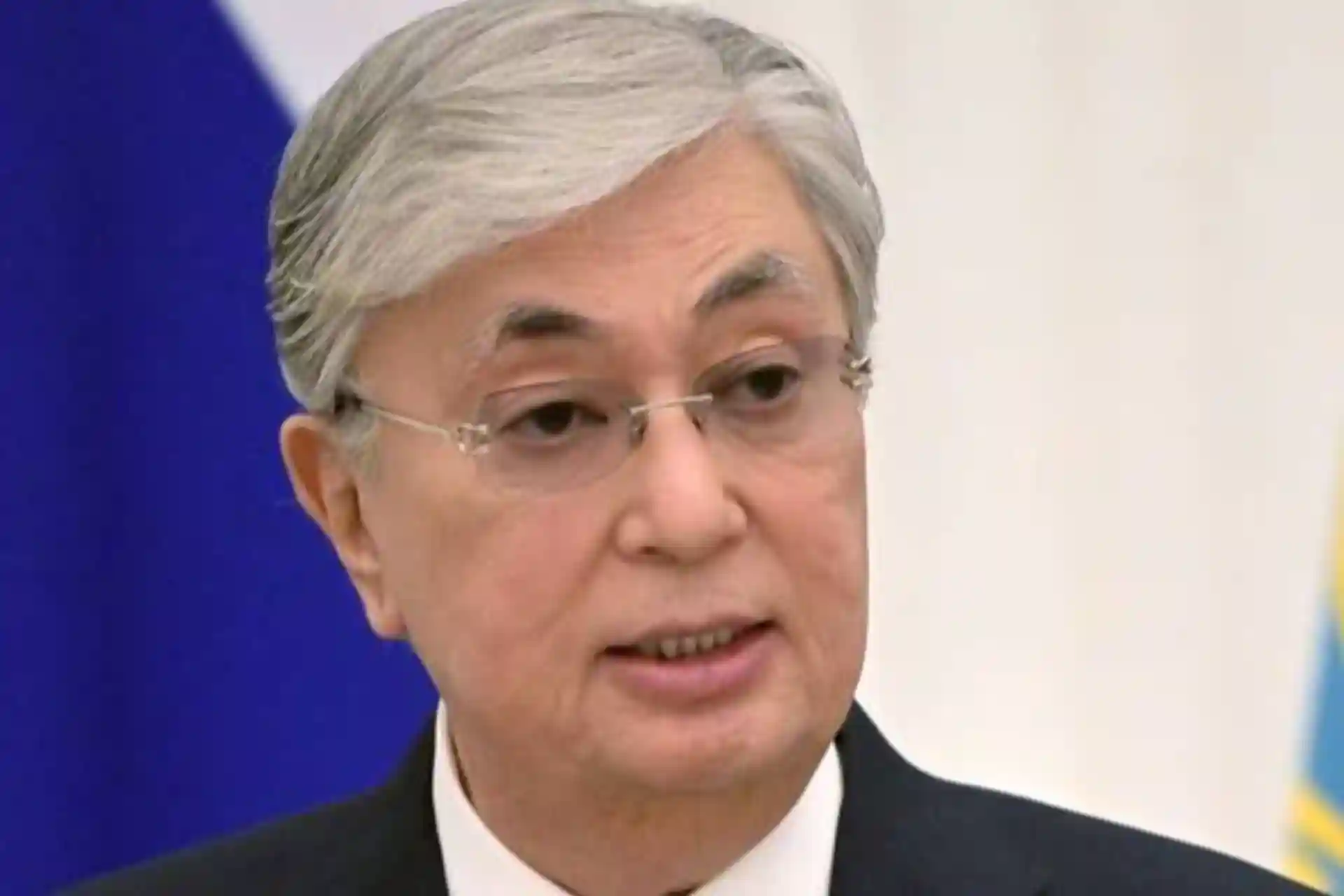Kazakhstan plans to increase the share of information in the Kazakh language
In Kazakhstan, the new law "On mass media" aims to gradually increase the share of information in the Kazakh language. From 2025, TV and radio programs in the Kazakh language should make up at least 55% of the total volume, and from 2027, 60%.
From 2025, TV and radio programs in the Kazakh language should make up at least 55% of the total volume, and from 2027, 60%. Rebroadcasting of foreign channels will be reduced from 20 percent to 10 percent in the weekly broadcast volume. The corresponding requirement was introduced by the law "On mass media" adopted by the parliament of Kazakhstan on Wednesday.
The Ministry of Foreign Affairs will have the right to refuse the accreditation of foreign journalists "in case of a threat to the national security of the Republic of Kazakhstan".
Earlier , in October 2023, the President of Kazakhstan Kasim Jomard Tokayev ordered to increase the share of broadcasting content in the state language in the fields of education, media and technology.
"Further development of the Kazakh language will always be one of the priorities of the state policy," said the press service of the head of Kazakhstan.
T'ok Aev emphasized the importance of creating animated films for children, expanding the production of films and scientific literature, as well as opening educational channels on social networks.
At the same time, the resident of Kazakhstan every time emphasizes that the development of the Kazakh language should be "reasonable" and "advanced" without discriminating against other languages. A year ago, T'ok Aev announced that tyranny against people who do not know the Kazakh language will not be tolerated.
"Citizens who have not learned the state language and do not know it to the required level should not be discriminated against on the basis of their language," he said, adding that learning the state language "should become a daily norm. "
Recently , the resident T'ok Aev defended the Russian language, calling on citizens to imbue themselves with a "spirit of inclusiveness and understanding" and not to be tempted to create "unnecessary confusion " around the Russian language.



